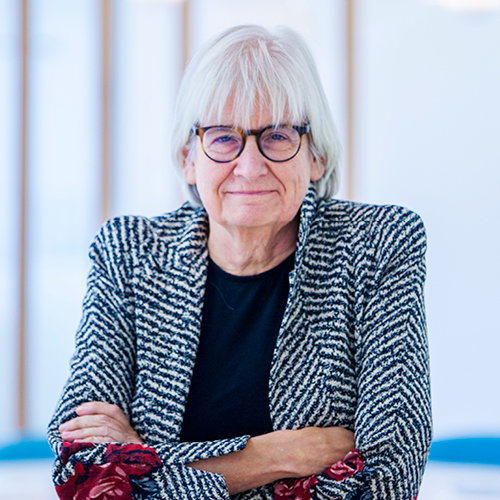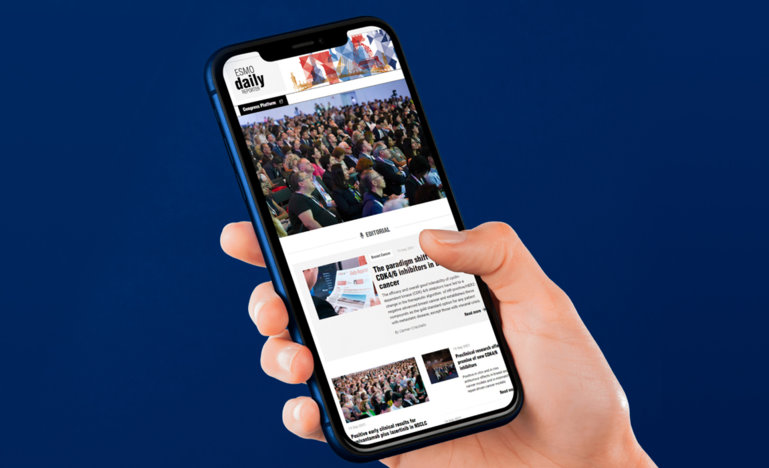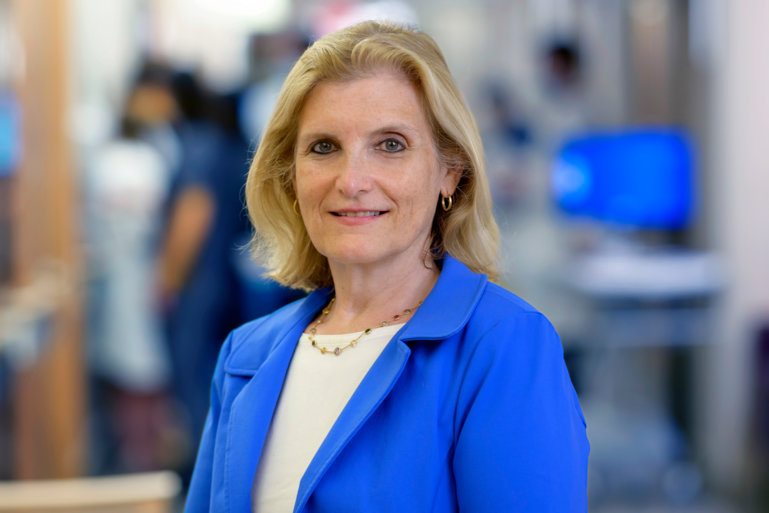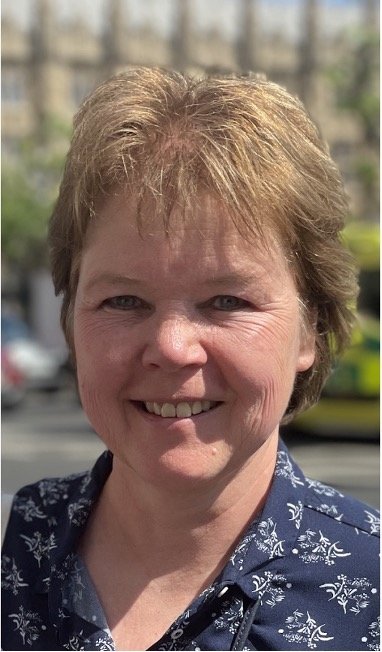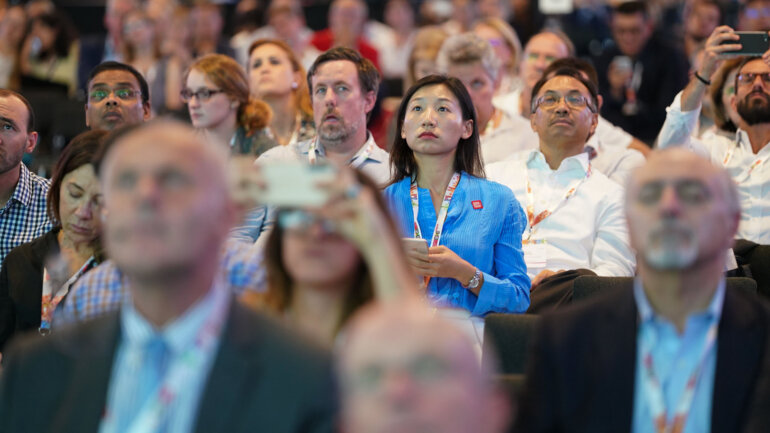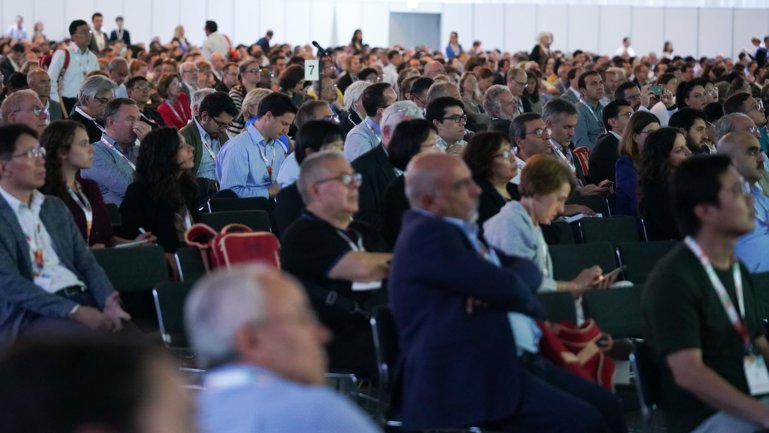Biosimilars make certain medicines more affordable, but cost and availability drive the need to find ways to improve access
Probably some of the most important biological agents in clinical oncology at the moment are the monoclonal antibodies. Agents like trastuzumab, rituximab and the immune checkpoint inhibitors have revolutionised the treatment of cancer and we are likely to see increasing numbers of these complex molecules reaching the clinic in the coming years. The downside is that these medicines are expensive, a factor that limits their accessibility in many countries, including in Asia.
Results from a recent international survey I was involved in reinforce the need to find ways to improve access to cancer medicines. The survey sought to find which medicines front-line oncologists in 82 countries considered to be the most important and to determine how easily available those medicines were in routine clinical practice (Lancet Oncol. 2021;22:1367–1377). Among the top 20 medicines selected by 948 respondents, 95% featured on the World Health Organization (WHO) Model Lists of Essential Medicines (EML), including four monoclonal antibodies: pembrolizumab, trastuzumab, nivolumab and rituximab. When we look for antibody studies on the ESMO-Magnitude of Clinical Benefit Scale (ESMO-MCBS), immune checkpoint inhibitors and anti-HER2 antibodies get high scores, indicating a substantial magnitude of benefit. The survey revealed that country-specific access to medicines varied according to economic status, and in low-income and lower-middle-income countries, only 15% and 9% of patients had access to trastuzumab and rituximab respectively. This occurs even though there are several biosimilars for trastuzumab and rituximab. Participants from these countries did not prioritise immune checkpoint inhibitors, for which no biosimilars are available.
One way to improve the affordability of medicines is by the use of biosimilars, similar versions of existing biological agents (originators). We can look in depth at India as an example. The use of biosimilars there has soared in the last 10 years, mainly due to the lower pricing of biosimilars versus the originator. The range of trastuzumab biosimilars in India has led to the vast majority of trastuzumab use – 85% – being via these biosimilar agents. In addition, there are several biosimilars available for rituximab in India and most eligible patients can be treated with rituximab.
It is our responsibility as a global community to find solutions to make cancer medicines, including biosimilars, affordable on a much wider scale. ESMO provides a range of educational resources for healthcare professionals, decision-makers, as well as patients to improve understanding of the science and role of biosimilars.
Biosimilars are generally cheaper than originators, but costs often still place these medicines beyond the means of many countries. The existence in the market of a number of same-originator biosimilars increases competition and improves opportunities for price negotiations for both biosimilars and the originator. To achieve sufficient competition, we need to improve the speed with which biosimilars are made available. On an international level, the WHO, as part of its Procedure for Prequalification of Biotherapeutic Products or their Corresponding Similar Biotherapeutic Products, is aiming to increase the availability of quality-assured, effective and safe biosimilars by helping to manage the procedures required for procurement by Member States that do not have access to the necessary systems. At a country level, policy changes can help to tackle obstacles such as patent protection, while national financial support measures, such as the philanthropic funding initiative set up in India for patients unable to pay for trastuzumab treatment, will increase accessibility to medicines. There is also a need for the oncology community to conduct clinical studies investigating reduced-duration monoclonal antibody treatment, which can be achieved without loss of efficacy and which will incur considerably reduced costs for biotherapeutics and their biosimilars.
De Vries EGE. Are biosimilars a gamechanger? ESMO Asia Virtual Oncology Week 2021
Access to medicines in the Asia-Pacific region. ESMO Asia Virtual Oncology Week 2021, 21.11.21, h. 14:15 – 14:30 (Singapore time), Channel 2


